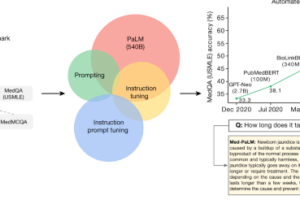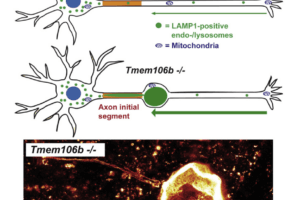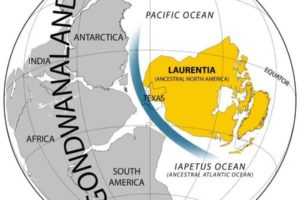Dr Lu Zhang
A bumpy shift from ice house to greenhouse
The transition from an ice age to an ice-free planet 300 million years ago was highly unstable, marked by dips and rises in carbon dioxide, extreme swings in climate and drastic effects on tropical vegetation, according to a study published in the journal Science Jan. 5.







